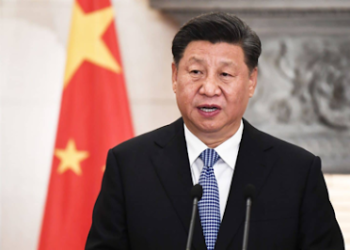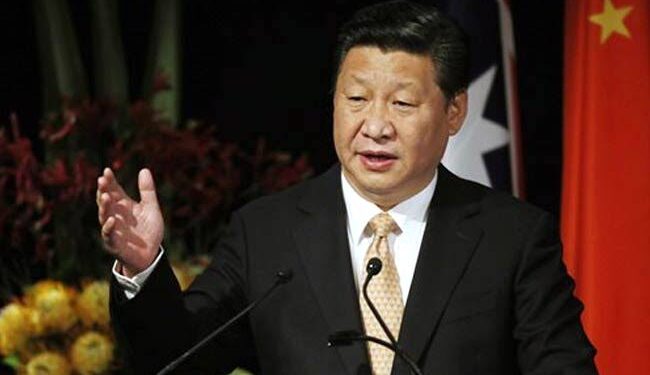The Chinese economy has experienced a significant slowdown in the second quarter, with official data revealing a growth rate of 4.7% in the three months to June. This falls short of expectations and marks a decline from the stronger growth seen in the first quarter of 2024. The government’s annual growth target is around 5%.
The world’s second-largest economy is facing numerous challenges, including a prolonged property crisis, high local government debt, weak consumption, and high unemployment. The property sector, in particular, has been severely impacted, with prices for new homes in June falling at the fastest pace in nine years.

President Xi Jinping is currently presiding over a key meeting of top Chinese Communist Party members, known as the Third Plenum, to address the country’s sluggish growth. The meeting is expected to focus on longer-term reforms aimed at unleashing China’s long-term growth potential.
Analysts are skeptical about the meeting’s ability to deliver a quick fix for the economy, but are watching for announcements that signal the Party’s economic priorities. Some expect the government to push for consolidation of small banks, which are highly exposed to the housing market and local government debt.
The Chinese government has been reluctant to implement short-term stimulus plans, instead focusing on bolstering supply chains and high-tech industries such as renewable energy, artificial intelligence, and chip-making. Exports have also been a key driver of growth, with China reporting a record trade surplus last month.
However, the economy faces significant headwinds, including tariffs and other barriers imposed by major trading partners such as the European Union and the United States. The West has accused China of producing too much, while Chinese workers argue that they are not producing enough.
The outcome of the Third Plenum is highly anticipated, with some hoping for bold reforms that will usher in a new era of growth and prosperity for China. Others are more skeptical, seeing the meeting as a mere rubber-stamping exercise for decisions that have already been made.
Regardless of the outcome, the meeting highlights the significant challenges facing China’s economy and the need for sustained and coordinated efforts to address them.
















